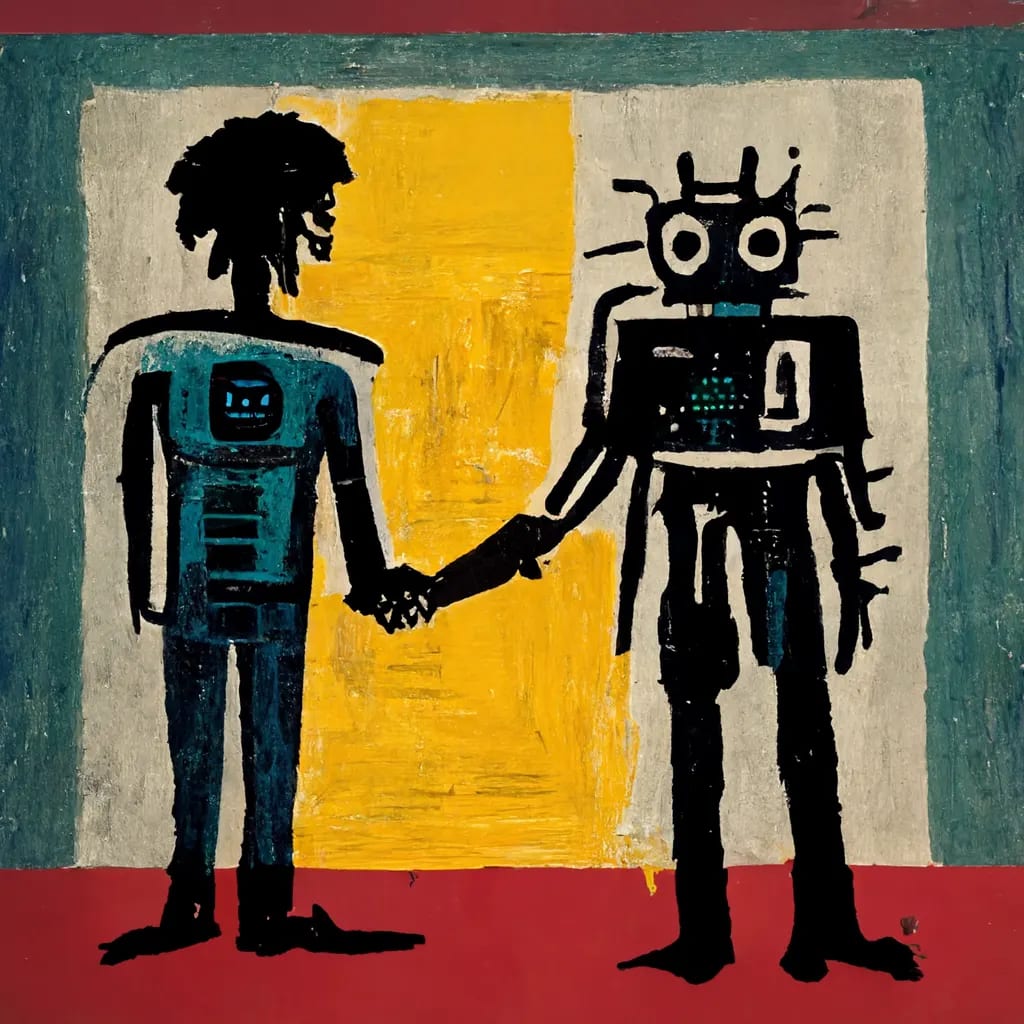Will CHAT-GPT replace humans?
Artificial intelligence (AI) has made incredible strides in recent years, with natural language processing (NLP) being one of the most significant breakthroughs. Chatbots and virtual assistants powered by NLP, such as Chat GPT, have revolutionized the way we interact with technology, making it easier and more efficient than ever before. However, with the increasing capabilities of AI, some people are starting to wonder if chatbots like Chat GPT will eventually replace humans. In this article, we will explore this question in depth, examining the strengths and limitations of chatbots and discussing whether they have the potential to fully replace humans in the future.

In recent years, artificial intelligence (AI) has been transforming the way we live, work, and communicate. One of the most notable AI applications is natural language processing (NLP), which allows machines to understand and respond to human language. Chatbots and virtual assistants powered by NLP have become increasingly common, offering businesses and consumers an efficient way to interact with technology. But as AI technology advances, some people wonder if chatbots like Chat GPT will eventually replace humans.
Before we dive into this question, let's take a closer look at Chat GPT. GPT stands for "Generative Pre-trained Transformer," and it's a type of AI language model developed by OpenAI. Chat GPT is one of the largest and most powerful language models available, capable of generating human-like responses to a wide range of prompts. It works by analyzing vast amounts of text data and using that knowledge to generate text that resembles human language.
So, will Chat GPT replace humans? The short answer is no, at least not in the foreseeable future. While Chat GPT and other AI language models are highly advanced, they are not capable of replicating the full range of human intelligence, creativity, and empathy. There are several reasons why chatbots like Chat GPT cannot replace humans.
Firstly, chatbots lack the ability to truly understand human emotions and experiences. While they can simulate human language and provide helpful responses, they cannot empathize with users in the same way that a human being can. This is because chatbots operate on algorithms and data, whereas humans have emotions and subjective experiences that shape their thoughts and actions.
Secondly, chatbots are not capable of critical thinking and problem-solving in the same way that humans are. While they can provide pre-programmed responses to common queries, they cannot analyze complex situations and make decisions based on incomplete or ambiguous information. This limits their ability to handle situations that fall outside of their programming.
Thirdly, chatbots cannot replace humans in situations that require physical presence or touch. For example, healthcare professionals, massage therapists, and other service providers need to physically interact with patients or clients to provide their services effectively. Chatbots cannot replicate this type of physical interaction.
That said, chatbots like Chat GPT do have their strengths and can be incredibly useful in many situations. For example, they can handle repetitive tasks and answer common questions, freeing up human workers to focus on more complex and creative work. They can also provide fast and efficient customer service, and help businesses save time and money by automating certain processes.
In conclusion, while Chat GPT and other AI language models are highly advanced and useful tools, they cannot replace humans. Chatbots lack the ability to truly understand human emotions and experiences, they are not capable of critical thinking and problem-solving in the same way that humans are, and they cannot replace humans in situations that require physical presence or touch. However, chatbots can be a valuable addition to our technological toolkit, helping us work more efficiently and effectively. As AI technology continues to evolve, it's important to remember that these tools are meant to augment human capabilities, not replace them.Artificial intelligence (AI) has made incredible strides in recent years, with natural language processing (NLP) being one of the most significant breakthroughs. Chatbots and virtual assistants powered by NLP, such as Chat GPT, have revolutionized the way we interact with technology, making it easier and more efficient than ever before. However, with the increasing capabilities of AI, some people are starting to wonder if chatbots like Chat GPT will eventually replace humans. In this article, we will explore this question in depth, examining the strengths and limitations of chatbots and discussing whether they have the potential to fully replace humans in the future.






Comments
There are no comments for this story
Be the first to respond and start the conversation.